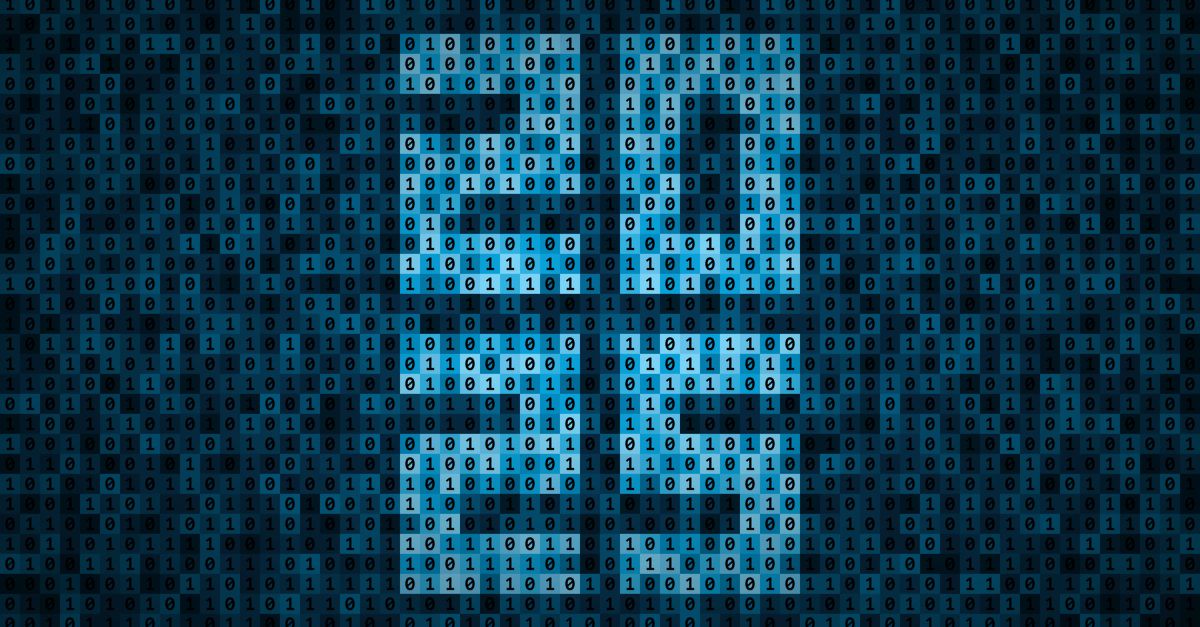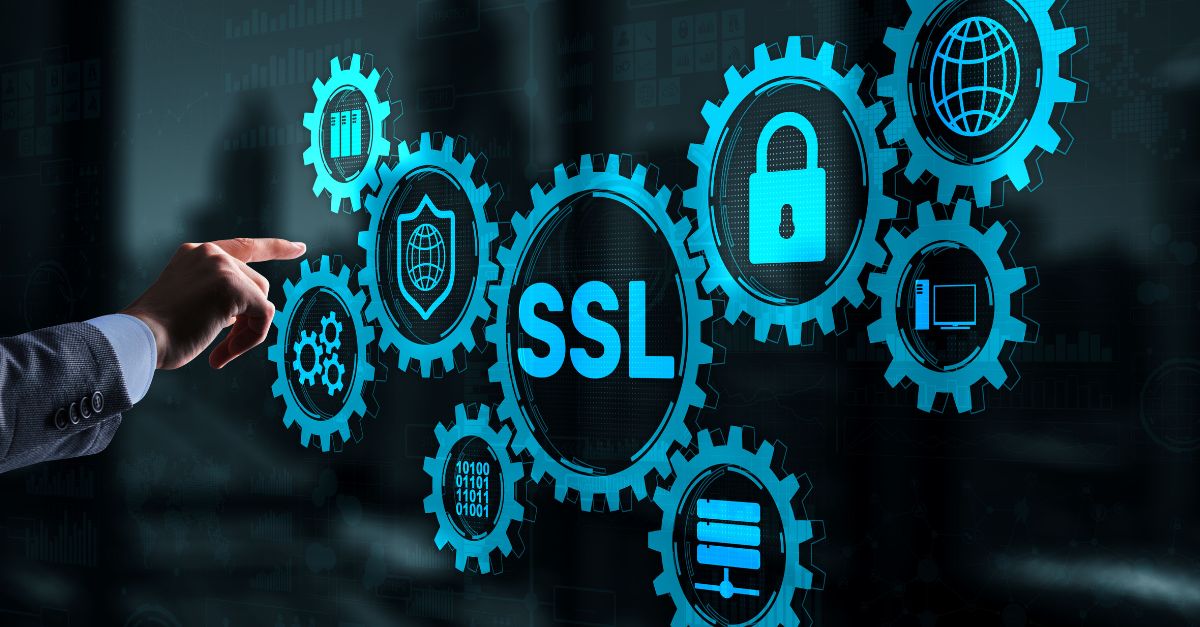What are SSH and SSL?
Millions of information are exchanged every second. Data privacy and security have grown increasingly crucial in recent years as the complexity and frequency of cyberattacks increase. Without encryption, anyone can have access to our data and information. Businesses will have no means to protect their corporate secrets or classified information. Users and businesses need encryption for protection against threats like identity theft and cyber espionage.
Thankfully, we have protocols that enable us to access our data securely. Secure Shell (SSH) and Secure Sockets Layer/Transport Layer Security (SSL/TLS) are among the cryptographic protocols that provide online users the needed security and privacy for systems, networks, and websites.
What is SSL?
Say for example that you are a website owner, it is your duty to ensure that any information submitted by your website visitors remains secure. This is where SSL/TLS certificates come to place.
SSL/TLS, also referred to as HTTPS, enables websites to create an encrypted connection between servers and visitors, which allows them to communicate privately. The server’s identity is indicated on the SSL/TLS certificate.
Websites have their certificates signed by a trusted third-party called Certificate Authority (CA), to prove that the website a user is connected to is safe to browse.
A Certificate Authority (CA) electronically signs the certificate to confirm the following:
- The information in the certificate is correct. This includes server and websites owner.
- The certificate is valid and authentic.
- The certificate matches the requested domain.
By getting the third-party CA’s help, the website can prevent man-in-the-middle attacks and notify the website’s visitors that their website is legitimate and secure. While it may be possible to self-sign SSL/TLS certificates, the browser will often warn the users that it may not be safe to continue accessing your websites. Because of this, it is only advisable to opt for an SSL/TLS certificate from a trustworthy CA.
The reason why CAs like GlobalSign are such a big deal is because they allow websites to run smoothly and securely while ensuring that no one else can intercept the data being sent to the website.
SSL/TLS certificates from a trusted CA offer the following:
- Encryption: The certificate includes a public key and a private key for encryption to prevent hackers from intercepting sensitive data and personal information sent over the connection such as credit card information.
- Authenticity: Users can be sure that the information within the certificate is verified and legitimate.
- Integrity: Users can be sure that the data being sent and received is not being manipulated in encrypted form.
What is SSH?
Secure Shell (SSH) is a protocol that network administrators use to control multiple computers or systems remotely. SSH often uses a 'fingerprint' system to prevent man-in-the-middle attacks. Every time a user logs in and connects to a domain or server, it presents them with a server’s public key. After the first time they log in to a server, it will store the fingerprint locally and the software will alert the user if the fingerprint does not match. However, it is up to the user if they want to trust the server or not.
SSH allows network administrators to securely connect to another computer remotely. It is normally used to control a different computer from the one the administrator is sitting on through accessing its command line interface.
A command line interface is a text-based method of interaction with a computer program. Operating systems have their designated command line interface and without SSH, everyone can see what you are doing or typing such as the root password. This opens opportunities for hackers to take control of your system.
SSH vs SSL: Key differences
SSL/TLS checks to see if the certificate has been signed by a reliable third-party CA to decide whether the server should be trusted or not. Meanwhile, SSH assumes that the user can decide who to trust.
For example, when visiting a website, most users will not manually trust SSL/TLS certificates through their browsers, and it would be suspicious if a website asked them to trust their self-signed certificates.
SSH is usually used for securing remote connections to computers, while SSL is for running a website. Both SSL/TLS and SSH have connection protocols that allow machines to perform key exchange securely.
To summarize, the key difference between SSH and SSL/TLS is that SSH warns the users if the stored and trusted fingerprint changes and is up to them to trust it or not. Meanwhile, SSL/TLS certificates usually rely on third-party CAs to verify a certificate. While there is nothing that stops a user from setting up their own CA, a typical web browser will usually identify this as a security risk.
By default, web browsers have a list of Certificate Authorities that are trusted.
GlobalSign provides trusted identity and security solutions with competitive pricing plans. We offer SSL/TLS certificates for your websites and leading identity solutions for your growing business security needs. Click here to speak with us today!







